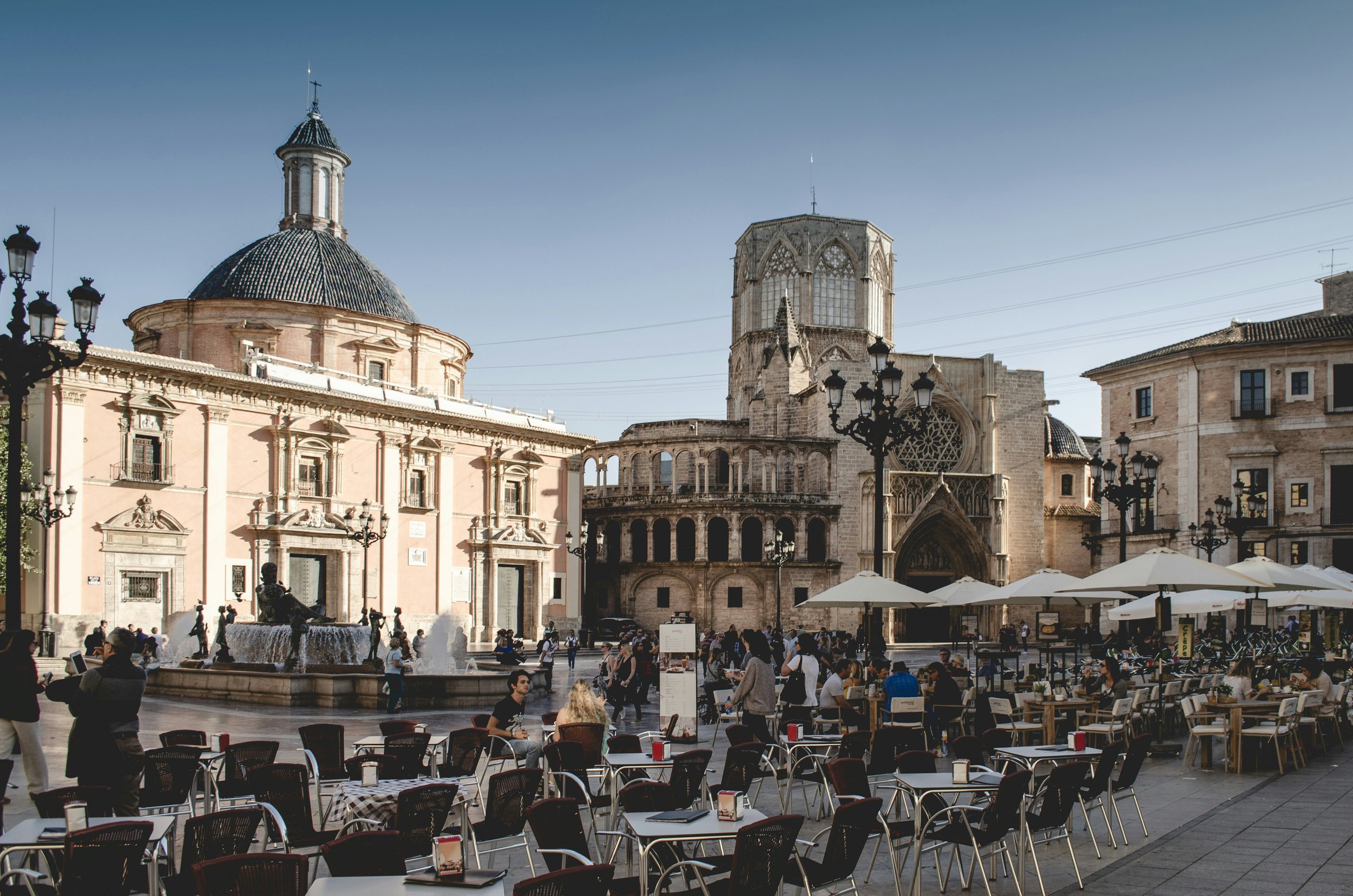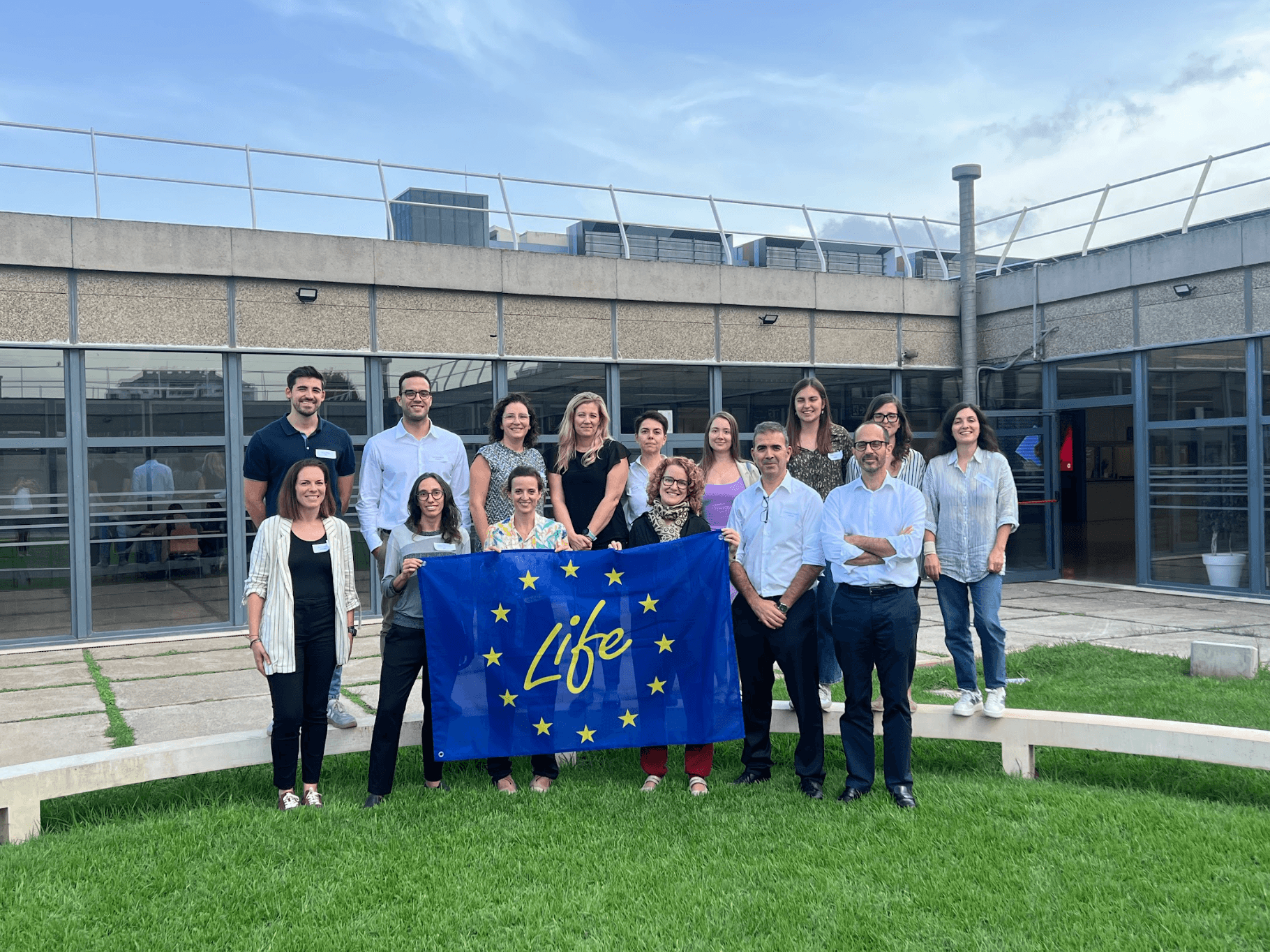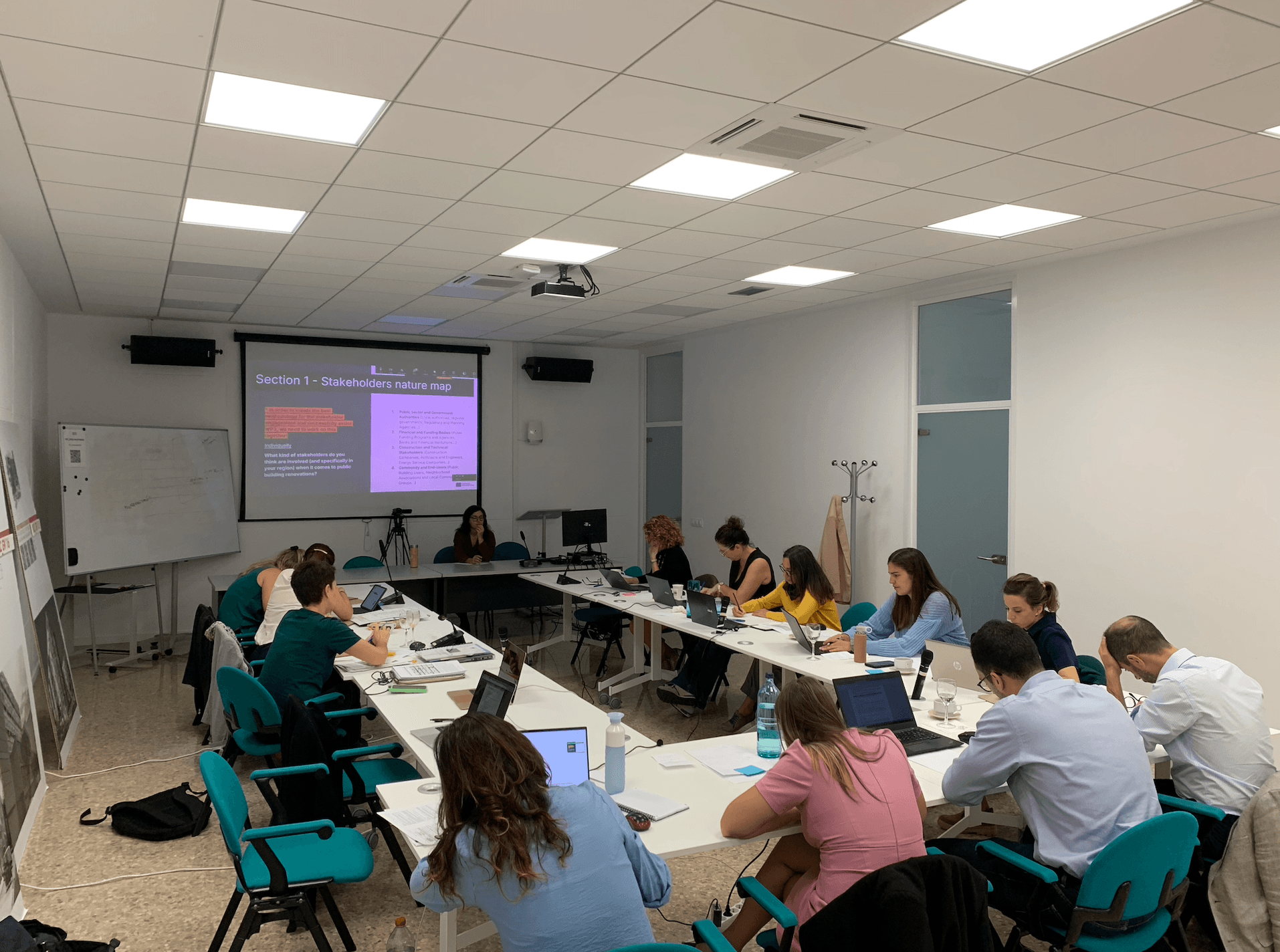Communication and dissemination
Communication and dissemination
Driving the energy renovation of public buildings in Spain
Driving the energy renovation of public buildings in Spain
28 de octubre de 2024


Sergi Serra, Projects Communications Manager
Currently, the stock of buildings in Europe amounts to 220 million units, of which it is estimated that 85% will still be in use in 2050. According to the latest studies from the EU Renovation Wave, 75% of the buildings that will remain in the European real estate stock in 2050 will be energy inefficient. In fact, it is estimated that, if current renovation rates are maintained, Europe would need more than 100 years to make its real estate stock truly energy efficient. Within this scenario, public buildings represent 26% of those inefficient constructions, including government offices, cultural and sporting facilities, educational centers, hospitals, and prisons.
However, these buildings have great potential, serving as a model for the transformation of the sector, and helping to lead renovation efforts at the European, national, and local levels. Moreover, investments in energy efficiency in public buildings can offer high returns in a short period of time, with improvements of between 35-50%. Therefore, renovating such infrastructures is a strategic priority to achieve the sustainability and energy efficiency objectives of the European Union.
In this context, last week a team from Ideas for Change traveled to Valencia to participate in the launch of the project FACILITA (Facilitating Ambitious Energy Renovation of Public Buildings). This project, funded by the Life program of the European Commission through CINEA, aims to promote the energy renovation of public buildings in Spain by providing a comprehensive service of technical, financial, and legal advice. To this end, FACILITA will develop and operate three One-Stop Shops (OSS) in the Community of Madrid, the Valencian Community, and Extremadura, which will offer support to local and regional public authorities.

A laboratory for energy renovation in Spain
Each of the pilot OSS will be located in a different "climatic zone" (B, C, and D) according to the Spanish Technical Building Code. This implies different energy consumption patterns in public buildings, which presents an additional challenge but also an opportunity to test renovation solutions adapted to different climatic conditions. In this sense, Spain becomes a key laboratory for promoting energy efficiency across Europe.
The role of Ideas for Change in FACILITA
Ideas for Change will play a dual role in the FACILITA project:
Leadership in communication: We will be responsible for the project's communication actions, which include social media management, graphic design, newsletters, and public relations.
Co-creation methodology: We will also be responsible for defining the methodology for co-creation with the various actors in the public building renovation sector, using the Pentagrowth methodology to encourage collaboration and growth.

A collaboration with European impact
The consortium of the FACILITA project is made up of six Spanish partners: the Valencian Institute of Building, the Extremadura Energy Agency (AGENEX), Escan Energy Consultants, Creara Energy Experts, BLink, and a Belgian partner, Fedarene. The project's duration will be three years, during which innovative solutions for energy efficiency in public buildings will be implemented and evaluated.
We continue our commitment to building renovation
FACILITA is the second project in which Ideas for Change leads communication tasks and stakeholder engagement using the Pentagrowth methodology. Our commitment to sustainability in construction is also reflected in our participation in the European project One Click Reno, focused on creating a renovation passport for buildings that facilitates the renovation of the private housing stock.
At Ideas for Change, we firmly believe in the need to transform the European real estate landscape to make it increasingly sustainable. Projects like FACILITA and One Click Reno are important steps towards achieving this common goal.
Sergi Serra, Projects Communications Manager
Currently, the stock of buildings in Europe amounts to 220 million units, of which it is estimated that 85% will still be in use in 2050. According to the latest studies from the EU Renovation Wave, 75% of the buildings that will remain in the European real estate stock in 2050 will be energy inefficient. In fact, it is estimated that, if current renovation rates are maintained, Europe would need more than 100 years to make its real estate stock truly energy efficient. Within this scenario, public buildings represent 26% of those inefficient constructions, including government offices, cultural and sporting facilities, educational centers, hospitals, and prisons.
However, these buildings have great potential, serving as a model for the transformation of the sector, and helping to lead renovation efforts at the European, national, and local levels. Moreover, investments in energy efficiency in public buildings can offer high returns in a short period of time, with improvements of between 35-50%. Therefore, renovating such infrastructures is a strategic priority to achieve the sustainability and energy efficiency objectives of the European Union.
In this context, last week a team from Ideas for Change traveled to Valencia to participate in the launch of the project FACILITA (Facilitating Ambitious Energy Renovation of Public Buildings). This project, funded by the Life program of the European Commission through CINEA, aims to promote the energy renovation of public buildings in Spain by providing a comprehensive service of technical, financial, and legal advice. To this end, FACILITA will develop and operate three One-Stop Shops (OSS) in the Community of Madrid, the Valencian Community, and Extremadura, which will offer support to local and regional public authorities.

A laboratory for energy renovation in Spain
Each of the pilot OSS will be located in a different "climatic zone" (B, C, and D) according to the Spanish Technical Building Code. This implies different energy consumption patterns in public buildings, which presents an additional challenge but also an opportunity to test renovation solutions adapted to different climatic conditions. In this sense, Spain becomes a key laboratory for promoting energy efficiency across Europe.
The role of Ideas for Change in FACILITA
Ideas for Change will play a dual role in the FACILITA project:
Leadership in communication: We will be responsible for the project's communication actions, which include social media management, graphic design, newsletters, and public relations.
Co-creation methodology: We will also be responsible for defining the methodology for co-creation with the various actors in the public building renovation sector, using the Pentagrowth methodology to encourage collaboration and growth.

A collaboration with European impact
The consortium of the FACILITA project is made up of six Spanish partners: the Valencian Institute of Building, the Extremadura Energy Agency (AGENEX), Escan Energy Consultants, Creara Energy Experts, BLink, and a Belgian partner, Fedarene. The project's duration will be three years, during which innovative solutions for energy efficiency in public buildings will be implemented and evaluated.
We continue our commitment to building renovation
FACILITA is the second project in which Ideas for Change leads communication tasks and stakeholder engagement using the Pentagrowth methodology. Our commitment to sustainability in construction is also reflected in our participation in the European project One Click Reno, focused on creating a renovation passport for buildings that facilitates the renovation of the private housing stock.
At Ideas for Change, we firmly believe in the need to transform the European real estate landscape to make it increasingly sustainable. Projects like FACILITA and One Click Reno are important steps towards achieving this common goal.


